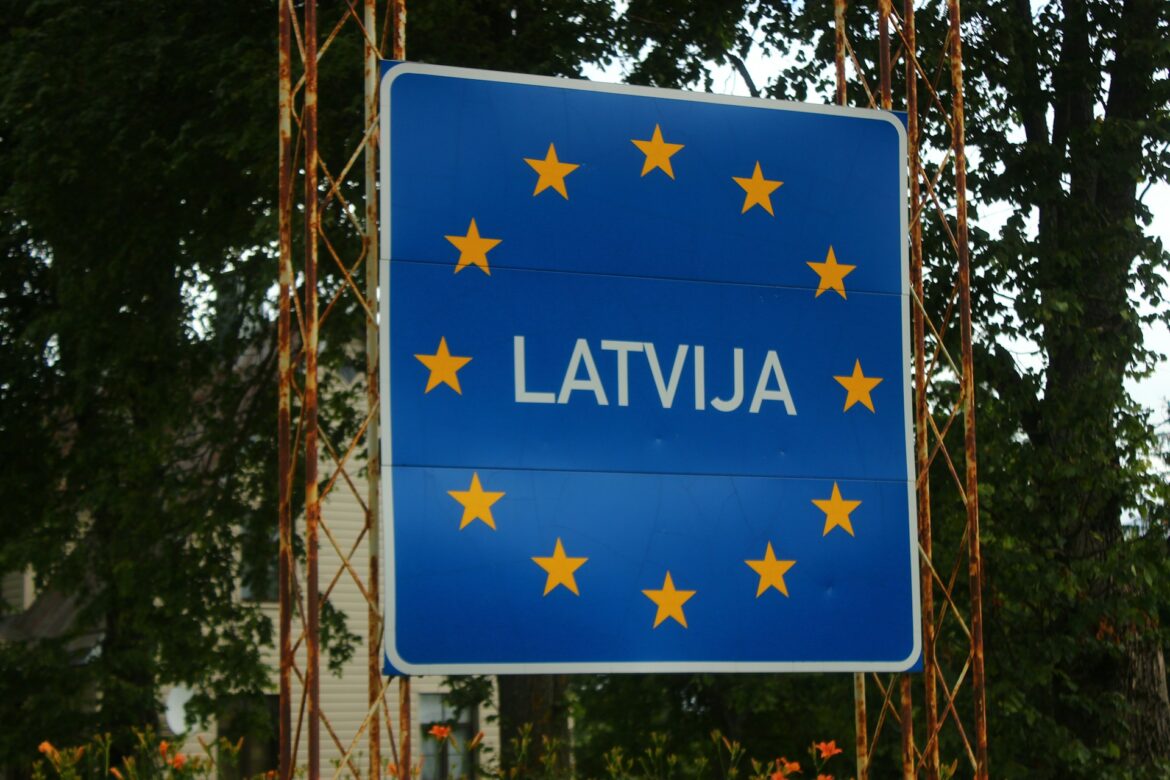Many people ask how to get Latvia citizenship. The process is achievable with careful preparation. Applicants need five years of legal residence and a permanent permit. They must pass Latvian language tests and civic integration exams. Having a clean criminal record and stable income is essential. Citizenship shows loyalty and integration into Latvian society. Government programs support newcomers with language and culture lessons. Preparation, effort, and patience make naturalization realistic in 2025. Latvia values active, contributing citizens from diverse backgrounds.
Requirements to Get Latvia Citizenship
To understand how to get Latvia citizenship, know the criteria. Applicants need at least five years of continuous legal residence. A permanent residence permit is mandatory before applying. They must pass a B1-level Latvian language test. They also need to pass exams on national history and the constitution. A clean criminal record and proof of stable livelihood are required. Applicants pledge loyalty to the Republic during the oath ceremony. Community integration is demonstrated through cultural knowledge and language skills.
Core requirements at a glance:
-
Five years of continuous legal residence
-
Permanent residence permit
-
B1-level Latvian language skills
-
Exams on history and constitution
-
No serious criminal records
-
Proof of stable income
-
Loyalty oath to Latvia
Application Process and Timeline
The process for how to get Latvia citizenship unfolds step by step. Applicants submit documents to the Citizenship and Migration Board. They include identity papers, residence proof, and income statements. Within two months, applicants take language and integration exams. After passing, they sign a loyalty oath to the Republic. The Cabinet issues citizenship based on OCMA’s recommendation. Processing typically takes six to twelve months. Slovenia, EU, and NATO nationals may qualify faster. Candidates should respond promptly to requests and updates. Staying proactive helps avoid unnecessary delays.
Application timeline overview:
-
Submit application documents
-
Complete language and integration exams
-
Sign loyalty oath
-
Await final Cabinet decision
-
Processing time is 6–12 months
Dual Citizenship Rules and Eligibility
Latvia allows dual citizenship with many countries. Eligible nationalities include EU, NATO, EFTA, Australia, and Brazil. Children born in Latvia to non-citizen parents may hold dual citizenship. Acquired citizenship through marriage or descent is also recognized. Latvia also provides dual citizenship for political refugees. Applicants outside these categories may need to renounce prior citizenship. By age 25, children holding multiple citizenships may need to choose. Overall, Latvia’s dual citizenship policy is inclusive and flexible.
Dual citizenship scenarios:
-
EU, NATO, EFTA nationals allowed
-
Dual status available for many second generations
-
Marriage or descent can confer eligibility
-
Refugees may retain dual status
-
Others may need to renounce previous citizenship
-
Choice required for dual minors turning 25
Trends & Insights for 2025
Recent years show growing interest in Latvian citizenship. Applications rose significantly in 2022–2024. Many applicants come from Ukraine, Belarus, and Russia. Tech professionals and long-term students are applying more often. Latvia introduced online tracking of citizenship applications. Naturalization became more streamlined via digital tools. The government started initiatives to boost citizenship among non-citizens. Dual citizenship policies became more relaxed in recent reforms. Latvia now attracts foreigners seeking long-term residence and EU rights.
Trend highlights:
-
Rising citizenship applications since 2022
-
Higher interest from Ukraine, Russia, Belarus
-
Tech and student applicants growing
-
Streamlined digital application systems
-
Expanded support for non-citizens
-
Relaxed dual citizenship rules
Interesting Facts About Latvia Citizenship
Citizenship matters deeply in Latvia’s national story. Law origins date back to 1919. They were restored after Soviet occupation in 1991. Children born to non-citizen parents now receive citizenship automatically. Latvian passports offer visa-free travel to around 180 countries. Citizenship law places strong emphasis on language proficiency. Latvia holds annual Citizenship Day events to celebrate civic belonging. Not all migrants automatically become citizens—rules protect cultural heritage. These traditions highlight Latvia’s respect for integration and identity.
Notable facts:
-
Citizenship law roots from 1919
-
Restored after Soviet era in 1991
-
Children of non-citizen parents receive citizenship
-
Passport allows visa-free travel to ~180 countries
-
Emphasis on Latvian language and civic exams
-
Citizenship Day events foster national pride
Citizenship for Ethnic Minorities and Stateless Persons
Latvia has a unique legacy of non-citizen residents, mostly ethnic Russians. Though they have legal residency, they lack full citizenship rights. Government programs now encourage non-citizens to naturalize. Special provisions help elderly and stateless children gain citizenship. Cultural and language programs assist minority integration. Awareness campaigns work to reduce statelessness. These efforts show Latvia’s commitment to inclusion and equal rights.
Key minority initiatives:
-
Programs for non-citizen ethnic minorities
-
Special assistance for stateless children
-
Free integration and language courses
-
Campaigns to promote naturalization
-
Cultural support for minority applicants
Benefits of Latvia Citizenship
Becoming a Latvian citizen comes with many advantages. Citizens can vote in local, national, and EU elections. They gain freedom to work and live across the EU. They receive EU consular protection worldwide. Children access free Latvian education and healthcare. Citizenship simplifies family reunification. Access to social benefits becomes easier. Citizens also benefit from a top-tier passport for travel. Citizenship strengthens cultural and civic belonging.
Core benefits:
-
Voting rights in national and EU elections
-
Free movement across Europe
-
EU consular protection abroad
-
Access to state education and healthcare
-
Family reunification support
-
Social welfare eligibility
-
Strong, high-ranking passport
-
Enhanced cultural identity
Tips for a Successful Application
Start preparing well in advance and focus on language skills. Take advantage of state-sponsored Latvian courses. Keep documents updated and use certified translations. Prepare for exams by practicing online tests. Ensure you maintain legal status throughout the process. Respond quickly to any official requests. Show cultural integration by attending civic events. Seek help from NGOs or legal advisors when needed. Be organized and polite at every stage. These best practices help smooth your path to citizenship.
Winning steps:
-
Begin early with language and exam prep
-
Use free state language courses
-
Build a complete set of required documents
-
Practice exam materials from official sources
-
Stay legally resident at all times
-
Communicate actively with officials
-
Demonstrate cultural involvement
-
Leverage NGOs and consultants
-
Keep applications well-organized
So, how to get Latvia citizenship? Fulfill five years residence with a permanent permit. Pass language and civic exams. Submit a complete application and take the oath. Latvia’s flexible dual citizenship rules benefit many. Digital application tools speed up the process, and modern trends improve integration. You’ll gain full EU rights, social benefits, and cultural inclusion. With proper planning and dedication, Latvia citizenship is well within reach. Latvia welcomes responsible newcomers ready to invest in their future.

